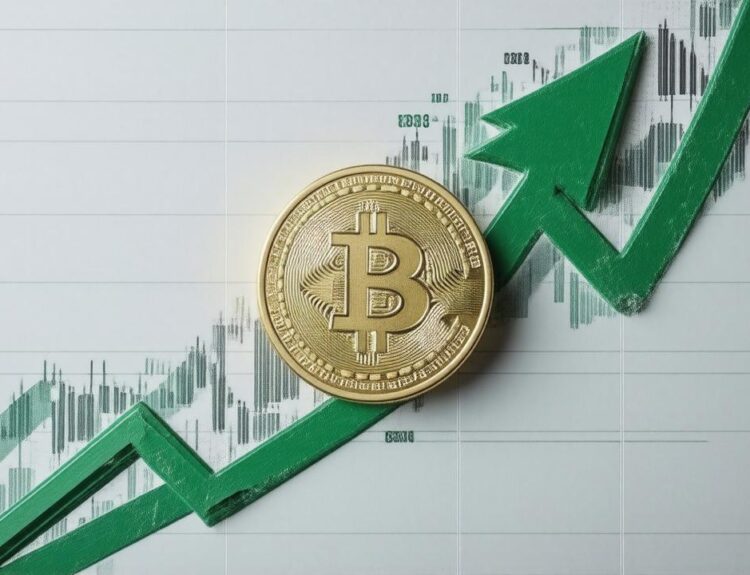“`html
The crypto market faced significant pressure on Friday following the release of the Federal Reserve’s preferred inflation metric by the U.S. government. Key cryptocurrencies, including Bitcoin (BTC), Shiba Inu (SHIB), Dogecoin (DOGE), and Cardano (ADA), experienced notable losses as inflation concerns weighed heavily on investor sentiment.
Bitcoin and Altcoins See Sharp Declines
The price of Bitcoin dropped below $85,000, marking a sharp downturn. Popular tokens such as Shiba Inu, Dogecoin, and Cardano fell by over 3%. The total cryptocurrency market capitalization declined by 2.6%, reaching $2.76 trillion, according to recent data.
Inflation Metrics Exceed Expectations
The Bureau of Economic Analysis released updated figures for the core personal consumption expenditures (PCE) index, a key gauge for inflation. The data revealed that core PCE rose from 2.7% in January to 2.8% in February, surpassing the expected median estimate. On a monthly basis, core PCE experienced an increase from 0.3% to 0.4%, signaling persistent inflationary pressures.
The headline PCE remained stable at 2.5% year-over-year and 0.3% month-over-month. Despite this stability, inflation is still above the Federal Reserve’s long-term target of 2.0%, suggesting ongoing challenges for the U.S. economy.
Impact of Inflation on Crypto Prices
Rising inflation could have negative implications for Bitcoin and altcoins like SHIB, DOGE, and ADA. Higher inflation may compel the Federal Reserve to maintain elevated interest rates for an extended period, as prematurely lowering rates could exacerbate price pressures.
Higher interest rates often reduce liquidity in the market, making risk assets like cryptocurrencies less attractive to investors. This creates uncertainty for crypto enthusiasts, especially those involved in altcoin trading.
Why the PCE Index Matters
The PCE index is a critical inflation gauge because it incorporates data from both urban and rural areas, offering a broader perspective compared to the Consumer Price Index (CPI). Many analysts anticipate further upward trends in both CPI and PCE metrics, especially in light of recent tariff policies introduced by former President Donald Trump.
“Rising inflation remains a key challenge for the U.S. economy, and the Federal Reserve must carefully navigate its monetary policy to address these pressures.”
Potential Economic Risks and Crypto Market Outlook
Economists have highlighted two major risks for the U.S. economy: prolonged inflation and the possibility of a recession. A recession could lead to rising unemployment and reduced consumer spending. While this would likely ease inflation, it could also force the Federal Reserve to lower interest rates and reintroduce quantitative easing measures.
Such monetary and fiscal policies—combined with potential government stimulus packages—could have a bullish impact on Bitcoin and altcoins. Lower interest rates and increased market liquidity often benefit risk assets, including cryptocurrencies, as investors seek higher returns in alternative investments.
Key Takeaways for Crypto Investors
For investors navigating the current crypto market, here are some tips to consider:
- Monitor key inflation metrics like the PCE index and CPI to understand potential market trends.
- Stay informed about Federal Reserve policies, including interest rate decisions and quantitative easing measures.
- Diversify your portfolio to mitigate risks associated with economic uncertainty.
- Keep an eye on major economic developments, such as recession indicators and government stimulus announcements.
While inflation and economic risks present challenges, they also create opportunities for savvy investors who can adapt to shifting market conditions. The evolving landscape of cryptocurrencies continues to attract attention as a potential hedge against inflation and a promising asset class for long-term growth.
“`























